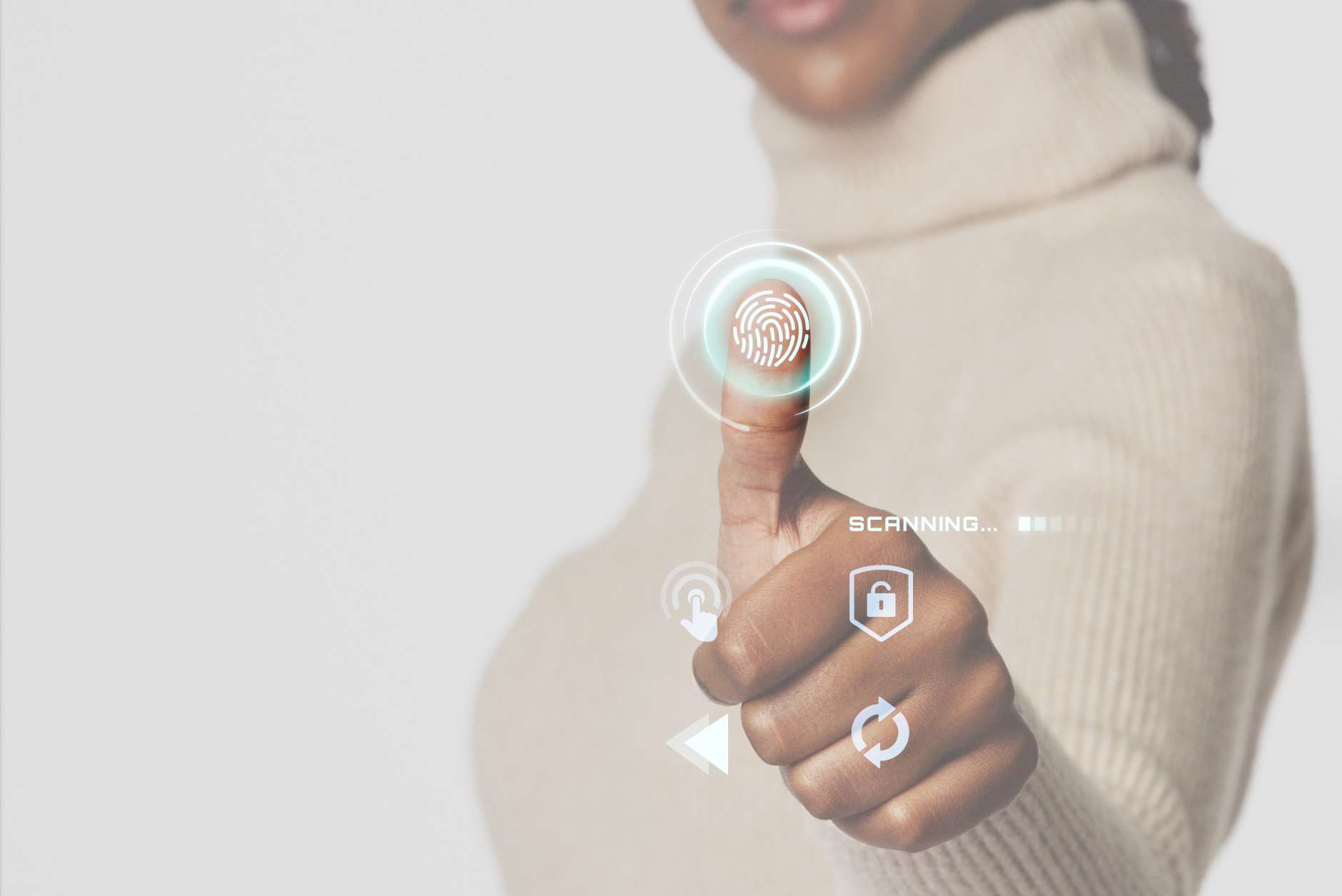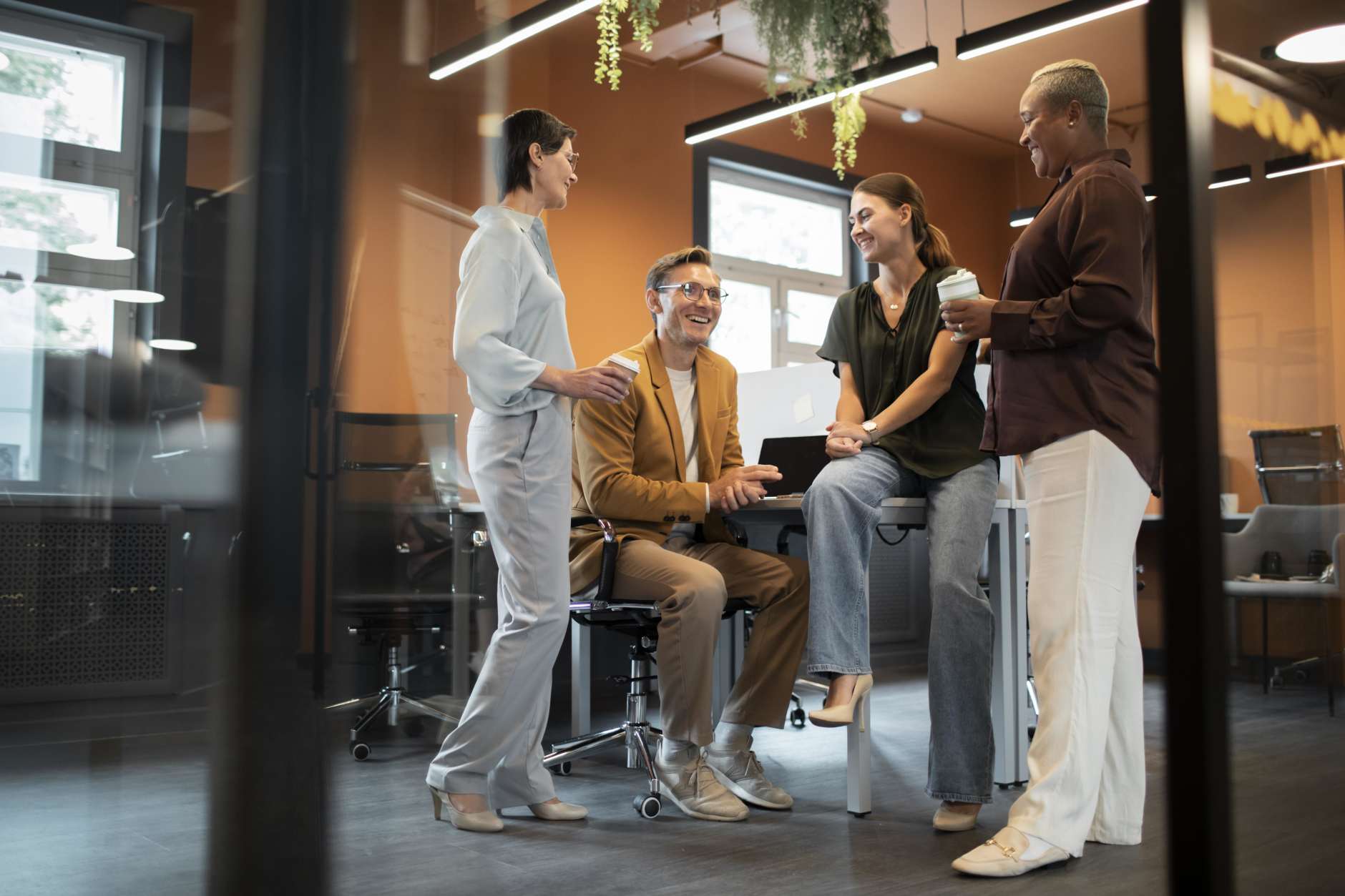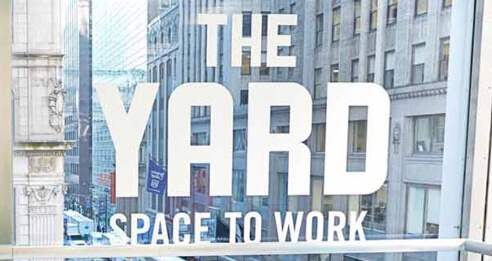
Largest Coworking Companies


In today's digital landscape, coworking spaces have emerged as a preferred choice for businesses of all sizes. However, along with the convenience of remote work and digital transactions comes an increased risk of fraudulent activities and cybercrime.
To address these challenges effectively, it is crucial for coworking spaces to prioritize cybersecurity. In this article, we will delve into the importance of cybersecurity in coworking spaces and provide valuable insights on how implementing Anti-Money Laundering (AML) and Know Your Customer (KYC) regulations can help verify customer data and protect against fraudulent activity.
The state of the coworking space industry is constantly on the rise, with reports showing that flexible workspaces across the U.S. surpassed 5,600 in March 2023. With their popularity increasing, the need for robust security and customer due diligence does too.
KYB (Know Your Business) verification is therefore pivotal for coworking spaces to mitigate risks and maintain a reputable environment. By conducting thorough checks on businesses, such as AML and Video KYC verification, coworking space owners can ensure the legitimacy of their customers and detect any involvement in money laundering or fraudulent activities.
Integrating robust KYB verification programs helps create a safe and secure coworking environment while upholding the reputation of the space. Embracing AI-driven solutions further streamlines the verification process and enhances customer onboarding efficiency.
To ensure client integrity and mitigate potential risks, coworking spaces should implement various online verification processes. Let's explore key verification methods in detail:

Implementing a KYC process is essential to identify customers, assess their financial behavior, and comply with Anti Money Laundering regulations. This comprehensive verification process aids in mitigating risks associated with criminal activities and helps create a secure coworking ecosystem.
Video KYC adds an extra layer of authentication by requiring customers to provide identity cards and participate in a video call to verify their identity. This method enhances the accuracy of client verification and ensures the legitimacy of individuals using coworking spaces.
Leveraging unique physical characteristics, biometric verification accurately verifies individuals' identities. By answering the question, "Who are you?" and granting authorized access to services or systems, biometric verification offers a robust security mechanism within coworking spaces.
Age verification services play a vital role in preventing underage usage and identity theft. By comparing user-provided information with recognized adult records associated with the given address, coworking spaces can maintain compliance with legal requirements and effectively safeguard against fraud.
Biometric consent verification employs a two-tier approach, combining real-time user authentication with biometric verification. During the biometric license registration process, face recognition technology is utilized. Users are also required to participate in real-time video calls, presenting a government-issued document for further validation. Optical character recognition (OCR) technology ensures the secure and reliable verification of data, strengthening the overall security posture of coworking spaces.
While coworking spaces offer collaborative work environments for freelancers, digital nomad, and remote workers, ensuring safety, standards, and trust is vital for their success. Here are some essential considerations:

To avoid hasty judgments and maintain fairness, it is crucial to establish clear rules and protocols within coworking spaces. This ensures that all individuals are aware of their responsibilities and adhere to the defined guidelines, fostering a safe and conducive working environment.
Coworking spaces should prioritize the implementation of robust safety standards. This includes physical security measures, fire safety protocols, and data protection practices to safeguard both the workspace and the sensitive information of clients.
Access control systems, such as smart cards or biometric authentication, contribute to a secure working environment by allowing only authorized individuals to enter specific areas. This mitigates the risk of unauthorized access and enhances overall security within the coworking space.
Upholding professionalism and providing reliable services are essential for coworking spaces to gain trust and maintain a positive reputation. It includes offering excellent customer support, ensuring well-maintained facilities, and fostering a professional atmosphere that meets clients’ expectations.
Coworking spaces should prioritize the protection of privacy and confidentiality. This entails implementing robust data security measures, ensuring proper data encryption, and establishing clear policies on handling sensitive information. Clients should feel confident that their data is handled with the utmost care and protected from unauthorized access.
As coworking spaces continue to play a vital role in the modern work landscape, prioritizing cybersecurity becomes increasingly crucial. By implementing effective verification processes, such as AML KYC, Video KYC, biometric verification, age verification, and biometric consent verification, coworking spaces can ensure client integrity, mitigate risks, and protect against fraudulent activity.
Additionally, fostering safety, adhering to standards, and building trust are essential aspects of maintaining a reputable coworking environment. By embracing these principles and integrating robust security measures, coworking spaces can achieve their business objectives, prevent reputational damage, and ensure a positive working environment for all stakeholders.
Save your community manager 41 hours each week—learn how The Yard did it with cloud-based access control.
Read the Case StudyFree access to our best guides, industry insights and more.
